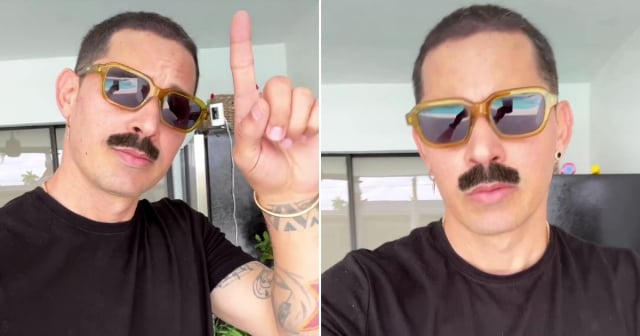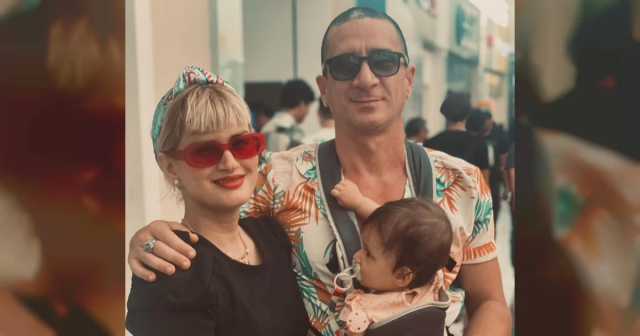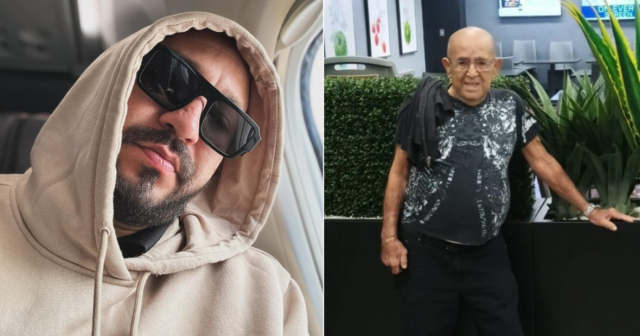HeCuban singer-songwriter Polito Ibanez He stated that due to the situation his country is going through, it is very possible that at any moment he will permanently leave to make his life somewhere else.
In an interview granted in Spain toCuban Diary, the troubadour commented that the current crisis limits his work as an artist but also affects him on a personal level, and that he suffers the same shortcomings as any ordinary citizen.
"We singer-songwriters who have been a bit rebellious and have made music that challenges the official, the fundamental breeding ground is Cuba. But if there is a Cuba that transcends you in that, and to be able to compose that medium is quite hostile to you, because you have having to take care of everyday things that were viable before and now are not, it really makes you want to emigrate," he said.
"I think I am motivated by non-artistic things. But yes, at any time it could happen that I emigrate perfectly. I need to acquire new technology, access trends. And also feed myself, I am a person who is approaching seniority and I need to have another way of living, and it has really become very difficult to live there, very difficult," he stressed.
Polito lamented the state things have reached in Cuba, where both people over 50 and young people are leaving, dissatisfied with the lack of opportunities to achieve fulfillment.
The artist revealed that for him the ideal Cuba to live in must be a plural country, where political opposition is legal, because countries that had the Cuban system do not survive.
"They do not survive precisely because giving up being oneself to be part of others is not viable for human development. We need a radical change (...) [that] people's rights and opinions are respected, where people can express himself freely. That is the Cuba in which I think he could survive, not another," he concluded.
Until the end of March of this year, thenumber of Cubans who emigrated to the United States thanks to theparole humanitarian approved by the Biden administration was 86 thousand, according to data provided by the Customs and Border Protection Office (CBP).
More than 404,000 people from Cuba, Haiti, Nicaragua and Venezuela were approved to travel through this initiative, which grants a maximum of 30,000 visas per month for the benefit of the aforementioned nationalities, CBP said.
What do you think?
COMMENTFiled in:






